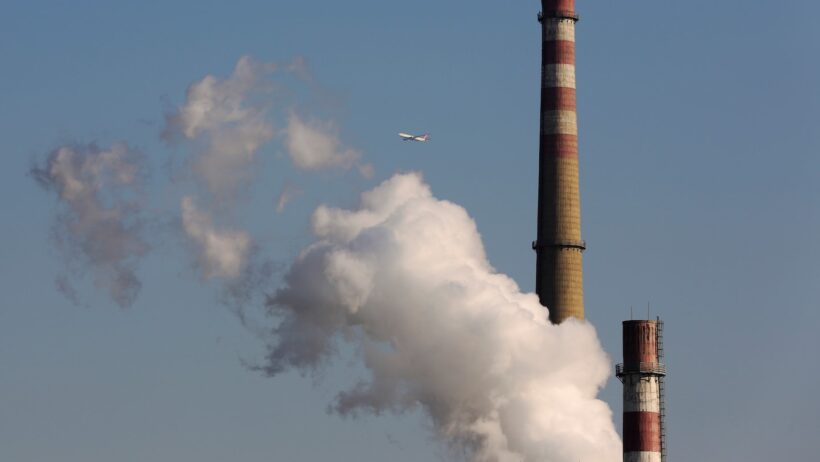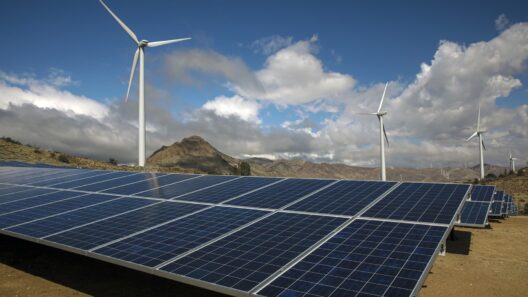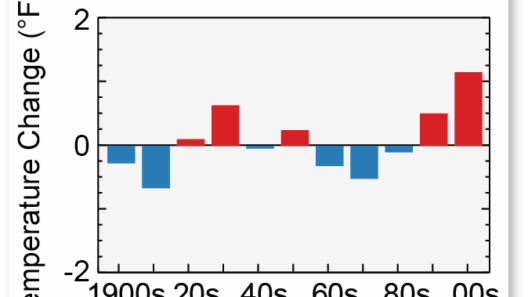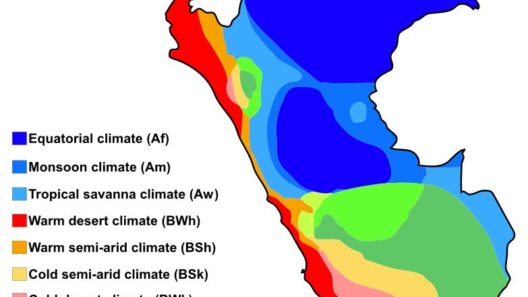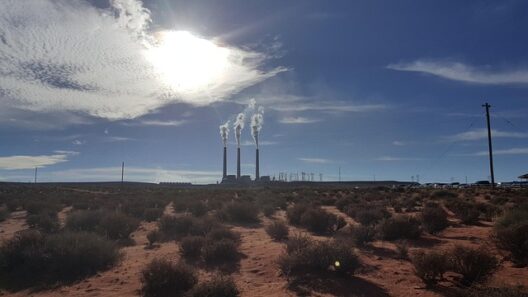Climate change continues to elicit a spectrum of responses, ranging from urgent calls for action to staunch denial. Its status as a controversial subject stems from various factors that intertwine scientific, political, and social dimensions. Understanding these factors can elucidate why there remains a divide in public perception and policy action concerning this critical issue.
At the crux of the controversy lies the scientific underpinning of climate change. Numerous peer-reviewed studies unequivocally indicate that human activities, primarily the burning of fossil fuels and deforestation, significantly contribute to the increase in greenhouse gas concentrations. This scientific consensus, represented by organizations such as the Intergovernmental Panel on Climate Change (IPCC), provides robust evidence linking anthropogenic actions to climate alteration. However, despite the overwhelming scientific agreement, skepticism persists among various factions of society.
One significant contributor to this skepticism is the presentation of climate data and predictions. Climate modeling involves complex mathematical computations and assumptions about future conditions. Such intricacies can lead to misunderstandings or misinterpretations among the general populace. For instance, while models may predict a range of possible outcomes, these scenarios can be misrepresented as certainties. This ambiguity is often exploited by climate change deniers who question the reliability of scientific projections and cast doubt on the legitimacy of climate science.
Additionally, the politicization of climate change plays a pivotal role in exacerbating controversy. Environmental policy has increasingly become a contentious issue in political arenas, particularly in countries where economic interests clash with ecological considerations. Politicians may leverage climate change to align with their ideological base, often prioritizing short-term economic gain over long-term sustainability. This dichotomy leads to the propagation of misinformation, as some leaders selectively highlight or downplay scientific findings to suit their narrative.
The media also amplify the controversy surrounding climate change. Sensationalist reporting can skew public perception by either underrepresenting the urgency of climate issues or providing undue platform to contrarian viewpoints. This results in a false equivalence, whereby minority opinions are given prominence alongside the established scientific consensus. Such practices can create confusion and foster a misconception that debate is ongoing in the scientific community when, in reality, the vast majority of experts agree on the critical nature of climate change.
Moreover, socio-economic factors cannot be overlooked. Climate change disproportionately affects marginalized communities, leading to an ethical dimension of the debate. Individuals from these communities may feel alienated by mainstream environmental movements that sometimes overlook their unique challenges. The intersection of climate action and social justice raises important questions about equity, complicating the narrative further. As certain populations bear the brunt of environmental degradation, their voices are often instrumental in advocating for recognition and reforms, yet they may not always be the loudest in the chorus.
Belief systems and cultural identity also play a role in shaping perceptions of climate change. In some circles, acknowledgment of climate change may be perceived as threatening an established way of life or a national identity. This hostility can be exacerbated by a resistance to change or a fear of losing economic stability. Consequently, individuals may cling to ideologies that dismiss climate change as a hoax, reinforcing a sense of belonging within a group that shares their views.
The fossil fuel industry remains a major player in climate change discourse. The intrinsic ties between economic power and the energy sector contribute to the persistence of climate change skepticism. Lobbying efforts and strategic communication campaigns funded by fossil fuel interests can sow discord and manipulate public opinion. These industries often portray themselves as defenders of economic prosperity, framing climate action as a threat to jobs and community welfare.
Global complexity further complicates the matter. Climate change is inherently a global phenomenon, transcending national borders and requiring international cooperation for effective mitigation. However, differing priorities among nations can lead to tensions, particularly between developed and developing countries. Developed nations may advocate for stringent emissions reductions while developing nations prioritize economic growth and poverty alleviation. This discord contributes to a fragmented approach to tackling climate change and fosters skepticism about the feasibility of global agreements.
Technology plays a dual role in the climate change narrative. On one hand, innovations in renewable energy and carbon capture present hopeful prospects for addressing climate issues. On the other hand, some argue that reliance on technology may create a false sense of security, allowing complacency to take root. This technological optimism can lead to the belief that human ingenuity alone will solve the impending crisis, undermining the urgency of immediate action.
The educational landscape also significantly influences public understanding and acceptance of climate change. Science education that lacks a comprehensive treatment of climate topics can result in a populace ill-equipped to engage with the subject meaningfully. Enhancing curricula to emphasize the realities of climate science and critical thinking skills can empower future generations to confront the complexities surrounding this issue.
In conclusion, the controversy surrounding climate change is multifaceted, rooted in scientific intricacies, political ideologies, socioeconomic disparities, cultural beliefs, and industry influence. The continual evolution of dialogues around climate action necessitates ongoing discourse and collective efforts. Understanding the complex web of factors at play is essential in fostering a more informed and engaged public, which is crucial for mobilizing action against one of the most pressing challenges of our time. The path forward requires not only acknowledging the scientific consensus but also bridging gaps in understanding and uniting diverse voices in the quest for a sustainable future.



